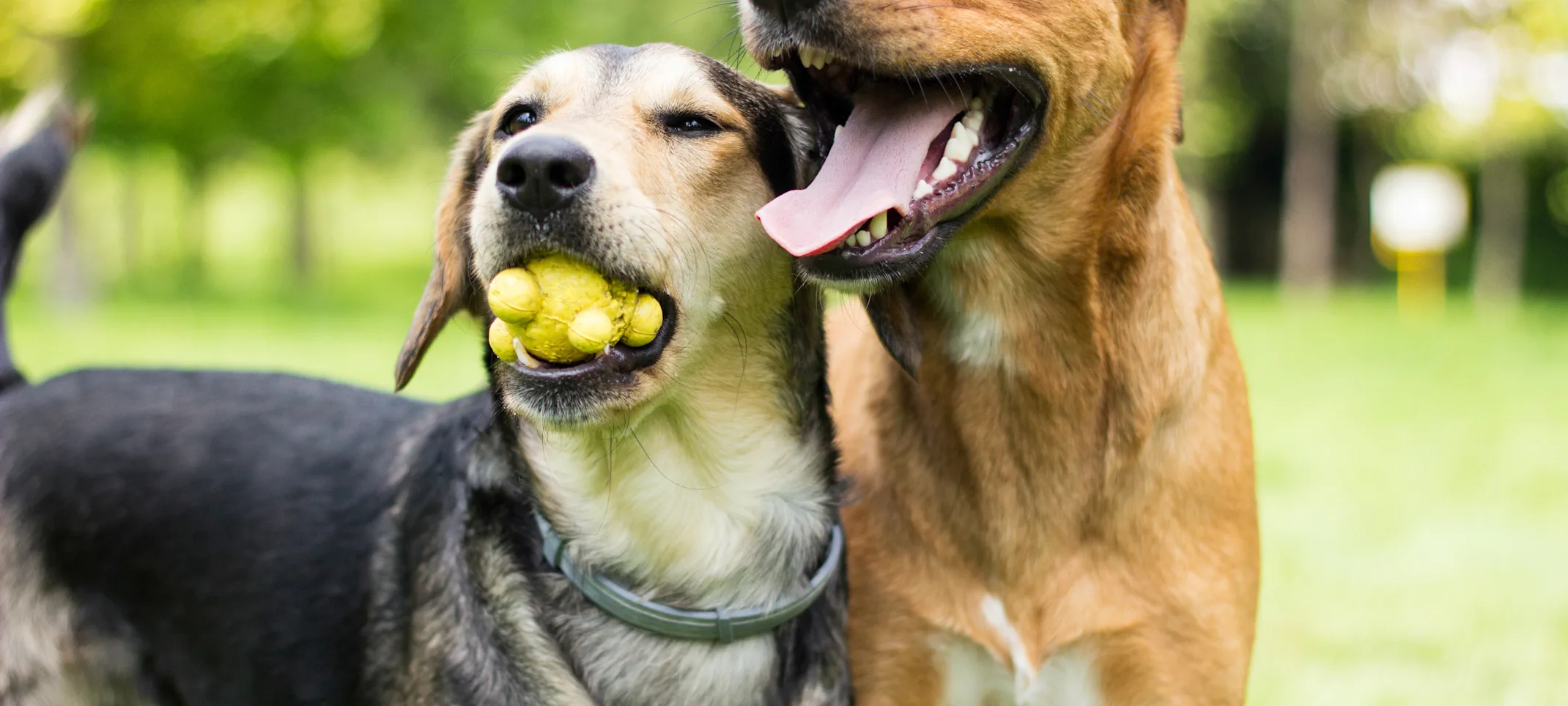Town & Country Animal Hospital
Pet Dehydration and Heatstroke
Information around Pet Heatstroke and Dehydration

A hot, sunny Florida day can be a lot of fun, or it can set the stage for a veterinary crisis. Pet heatstroke and dehydration, two conditions which often occur together, can cause some alarming symptoms and place your pet's life in imminent danger. You can receive both emergency treatment and some smart preventative guidance from any veterinarian on our team at Town & Country Animal Hospital.
Understanding Pet Dehydration and Heatstroke
Pet dehydration can occur for different reasons. Your pet's body needs to maintain adequate water content to counteract the water lost through evaporation and waste products. Both water and food can keep your pet hydrated under normal conditions, and conditions may not always be normal. Poisoning, digestive parasites or other internal disorders can cause significant vomiting and diarrhea, both of which can quickly lead to dehydration. Thirst isn't always a clear indicator that your pet is dehydrated. Look for warning signs such as weakness, sluggishness, panting, a loss of appetite, a dry nose, or skin that feels loose.
Heatstroke is another cause of dehydration. This condition occurs when your pet's body can no longer keep its core temperature under a safe maximum. Pets don't really sweat like we do; they rely on panting, shade, and plenty of water to cool themselves on a hot day. Short-nosed animals (such as Bulldogs and Boston Terriers) have even more cooling problems due to their shorter airway. Extended exposure to heat, without cool water or shelter, can quickly lead to heatstroke. Symptoms include severe panting, drooling, a red tongue, a racing heart, vomiting, diarrhea, weakness, dizziness, and loss of consciousness.
Emergency Treatment and Preventative Measures
Call Town & Country Animal Hospital for immediate advice if your pet starts showing any signs of heat stroke or dehydration. We recommend you to administer water or drape cool, wet towels loosely over your pet’s body before coming to our clinic. We will take immediate steps to get your pet's temperature down and/or administer intravenous fluids, which may save their life.
Your veterinarian can also serve as your source for helpful advice on preventing dehydration and heatstroke. We will remind you to never to leave your pet alone in the car, point out some options for rigging shade-producing shelter in your yard, and share ideas for keeping your pet equipped with water (and maybe even some ice chips for extra climate control).
Call Us
Let our Town and Country Animal Hospital spare your pet from the dangers of dehydration and heatstroke. Call 352-840-7020!
